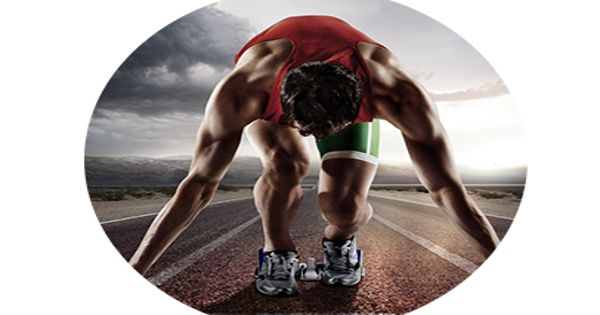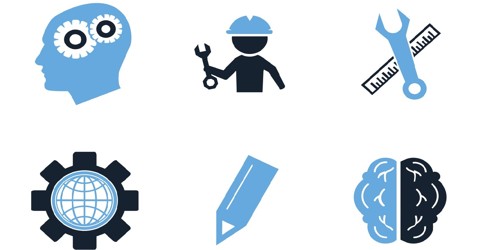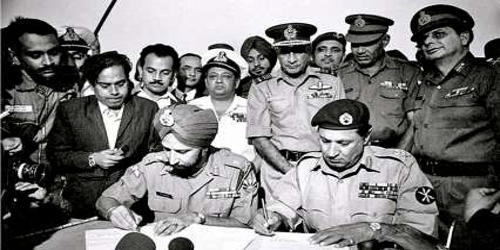There was a time when in our country not much importance was attached to athletics as such. A pioneer in this direction—so far as Bengal is concerned—was Nabogopal Mitra who organized the Swadeshi Mela (in a way the precursor of the National Congress) —in the seventies of the last century. He had his gymnasium close to what now is the Vidyasagar College in Calcutta, and—strange as it might seem—he had Maharshi Devendranath Tagore as his patron in this enterprise. Since then we have traveled a long way, and physical culture has now come to be looked upon as an essential part of education. Athletics, therefore, is organized by every educational institution and by every club, and all sorts of encouragement in the shape of prizes are given to attract young men and women to take an increasing part in these. Today our young men compete with the world in regard to physical fitness and perfection. One of our young men became “Mr. Universe” the other day; he comes from Bengal, but he holds up the flaming torch of renascent India.
These days the usefulness of athletics, therefore, need not be stressed; it is admitted by all. Athletics improve health and general physical well-being. The athlete will generally be found to be more alert and prompt in the execution of his duties. He is always physically fit. He has a more presentable appearance and creates a better impression. He has complete control over his limbs and does not fidget when called to attention. But why enumerate the various uses of athletics which are known to and admitted by all?
The danger today is not that young men and women avoid athletics; the danger is that they might overdo it. One must guard against misusing athletics by remembering that too much of even the best thing is bad. Brawn and muscle do not make the whole of a man, brains are also necessary. One too much addicted to athletics may often run the risk of neglecting his brain for the sake of his body. If all work and no play make Jack a dull boy, all play and no work will make him even duller.
Athletics are abused when they are looked upon as an end in themselves. After all, they are only a means to an end. He who makes it his only object in life to develop his body in a particular direction does himself the greatest wrong. Virtue lies in moderation. Some exercise every day to keep the body in a condition of fitness is the golden rule. The wise Addison recommended knowledge of the different parts of the anatomy as the sure way of knowing how best to exercise the body.
The prescription wise: he who knows his body knows also how to use it properly. And he may be trusted not to misuse it or to apply any part of his body for a purpose other than for what it was intended.
Among other abuses of athletics that are often made these days is the importation of professionalism and nationalism. Athletes are not only admired for their excellence, they are ‘raised’ and pampered like prize animals for profit. In international games, participation is not prompted by the joy of it or the healthy spirit of emulation. It often creates bad blood and leads to the sacrifice of sportsmanship to the greed of money or the passion for national glory.
A moot question is whether it is right to exercise the limbs without creating a valuable by-product in the shape of something useful. Martial, the Greek moralist, put the problem nicely when he wrote, “Why do strong men fatigue themselves with dumbbells? Digging a vineyard is a worthier exercise for men” But we do not subscribe to this utilitarian view: we appreciate, with Shakespeare, “the rich advantage of good exercise”. After all, “the wise for cure on exercise depend”, and that in our view is a sufficient justification for indulging in it. An English poet put it neatly:
Health is the vital principle of life.
And exercise is health.
















